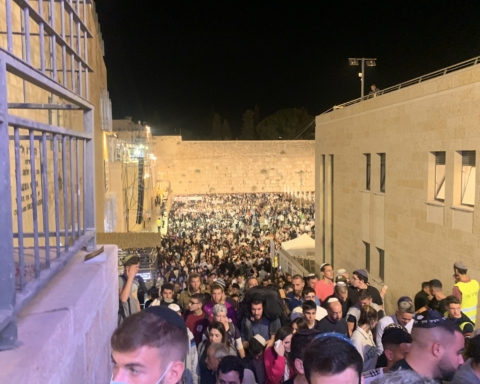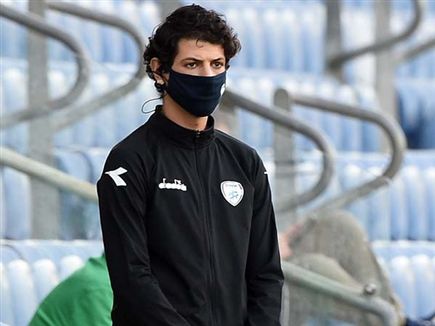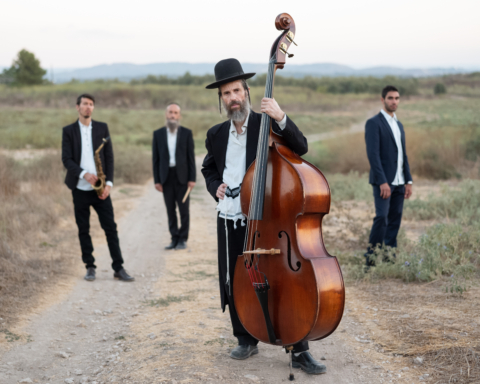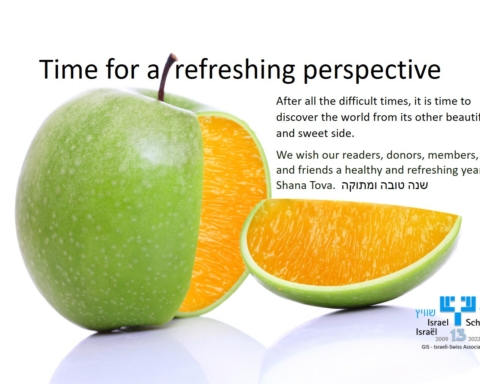Just seven weeks after Passover comes the bookend of the harvest holidays called Shavuot, also known as the Feast of the Weeks. Shavuot celebrates the day the Jewish people first received the Torah at Mount Sinai, and welcomed the sacred wisdom passed down from above to below.
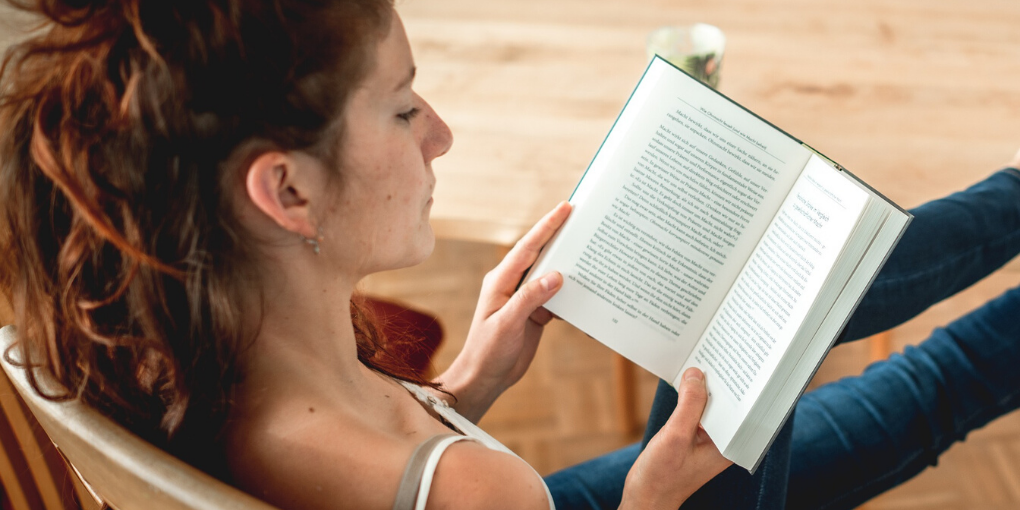
Today, Shavuot tradition includes feasting on dairy and staying up all night to study Torah. While the dairy tradition is said to have been inspired by the local manufacturers who saw a market for cheesecake, staying up all night to learn, or Tikkun Leil Shavuot, goes back to ancient times. Learning is a deeply embedded value amidst the Jewish foundation; however, in our current age of information, with an absolute overabundance of incoming data, do we really need to learn more? Is it possible to study and never learn? Especially in the current state of corona, how much more information can the human mind really manage? What happens when we intake and never really integrate?
Up all-night learning is a tradition specific to Shavuot, yet it seems as if online learning opportunities are at the top of our screens. From hundreds of free university courses, to platforms like Masterclass and Mindvalley, to the current need of remote learning, the concern rests not only in the state of our current education system, but how we learn as individuals.
With so much access to learning options and so much to learn, online courses can be compared to the salad dressing study. Too many options mean we become paralyzed, our human minds unable to intake new information and stuck in a state of overwhelm. While education remains a crucial piece of human evolution, the question to ask today is, how do humans learn best?
Today’s version of learning seems to involve the “more” outlook. The more information there is, the more one feels required to intake. However, without taking the opportunity to process, integrate, and apply learning into our own lives, are we really gaining the fruits of knowledge?
Will the human cognitive capacity eventually burnout? How much more of our attention span are we willing to part with? With multi-dimensional minds multitasking, and endless distraction, how can learning stay valued as a tradition? Perhaps the only key is to learn with intention and be mindful of our attention.
We live deep within the information age, and while humans have come a long way since receiving the 10 Commandments, perhaps the best thing we can do is get back to the basics. By consciously choosing what one wants to learn, and who one wants to learn from, is the start. By attentively questioning information, and taking time to integrate it into your life is step two.
Perhaps the evolving ideals of education need not be about the quantity, but about the quality. Learning with deep intention and focused desire seems a much more powerful and potent way to acquire knowledge. Otherwise, without this type of discernment, curiosity, and personal processing, one can “learn” forever but may never receive true wisdom.


